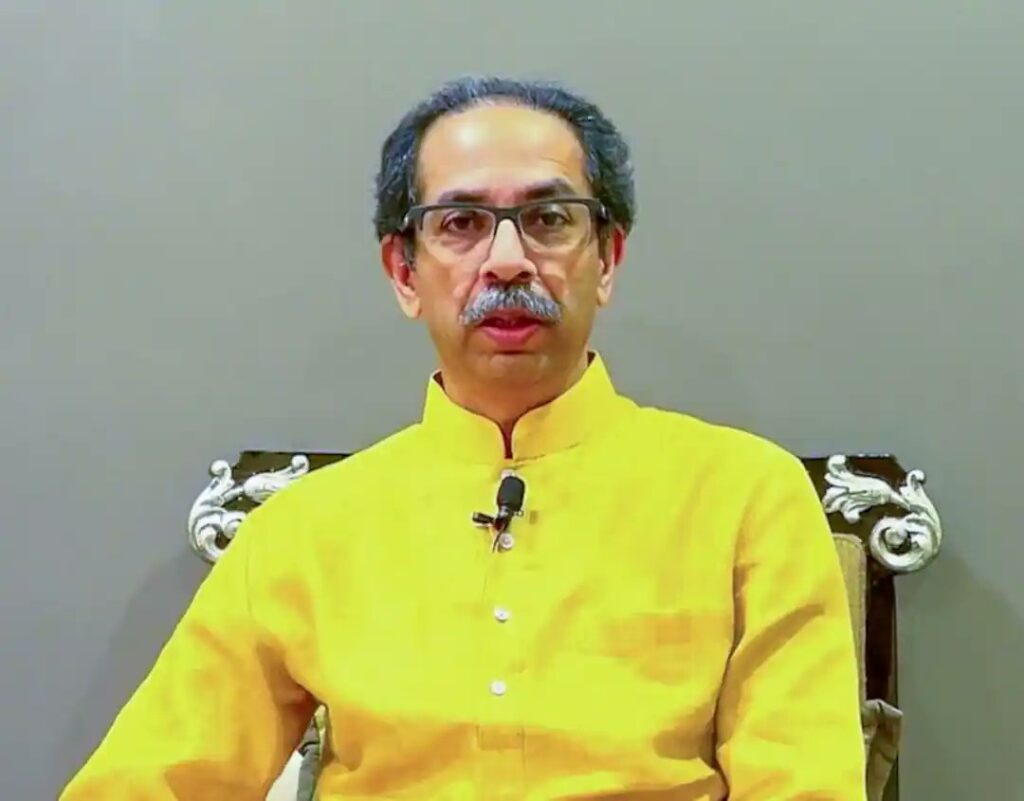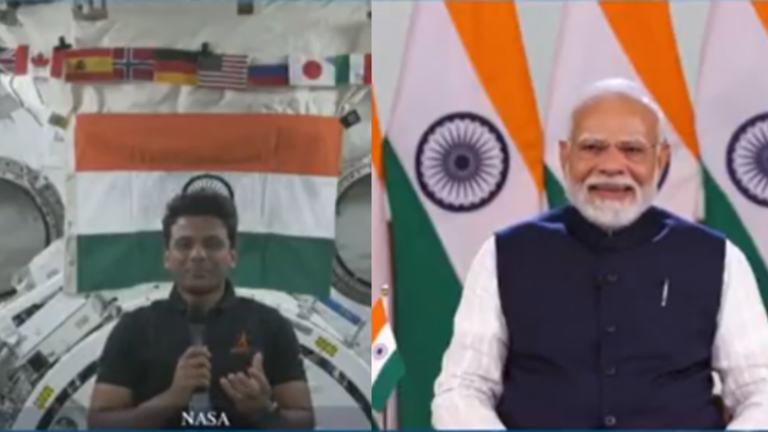Cricket, more than just a sport in India, represents national pride, unity, and a strategic tool for international diplomacy. As one of the world’s most populous countries and a growing economic powerhouse, India has strategically leveraged cricket not only to entertain millions but also as a form of soft power to enhance its global influence, cultivate diplomatic relationships, and reshape its position in global geopolitics. In this context, the Indian Premier League (IPL) has played a pivotal role in transforming cricket into a multifaceted asset, both economically and diplomatically, altering the landscape of international sports diplomacy.
What is Soft Power, and How Does Cricket Play a Role?
Soft power, a term popularized by political scientist Joseph Nye, refers to the ability of a country to shape global outcomes through attraction and influence, rather than through coercion or military might. Unlike hard power, which relies on military force or economic leverage, soft power is exercised through cultural influence, diplomatic relations, and societal appeal. For India, cricket stands as the most prominent form of soft power. While Bollywood spreads Indian culture worldwide, cricket enjoys an even broader appeal with its immense fan base and emotional connection, making it an essential component of India’s global diplomacy.
India’s Board of Control for Cricket in India (BCCI) wields unparalleled financial influence in the sport, controlling 70% of global cricket revenues, establishing India as the economic center of world cricket. The IPL, the world’s richest T20 league, has drawn international investors and players, becoming a melting pot of cultures while simultaneously showcasing India’s economic and diplomatic reach. Cricket, deeply embedded in Indian culture, positions the country as a dominant leader in global sports, with cricket serving as a unique and powerful instrument of soft power, extending India’s influence across continents.
How Has IPL Become a Diplomatic Power Tool?
The IPL has emerged as India’s premier soft power instrument, allowing the country to project influence on a global scale. With players from over 20 countries, the IPL has become a cultural export, showcasing Indian entertainment, business acumen, and lifestyle on an international stage. Beyond its sporting significance, the league has helped India establish its presence in traditionally non-cricketing regions such as the USA and the Middle East.
The IPL’s financial dominance and international appeal have allowed India to use cricket to isolate its geopolitical rivals. In particular, Pakistan has been strategically excluded from the IPL due to the political tensions between the two countries. This decision to sideline Pakistani players—once an integral part of international cricket—reflects India’s growing influence in cricket governance and serves as a powerful diplomatic message on the global stage. By using the IPL to marginalize Pakistan, India has reinforced its position within global cricket diplomacy.
Furthermore, as Bangladesh’s political stance has grown increasingly adversarial toward India, the diplomatic relationship between the two countries has cooled. This shift in diplomatic dynamics is further reflected in the absence of Bangladeshi players in the IPL. The IPL’s exclusion of Bangladesh from its platform serves as an extension of India’s soft power strategy, signaling its growing influence in cricket and its broader regional strategy.
How Cricket Has Helped India Strengthen Diplomatic Ties with Afghanistan, Nepal, and Other Neighboring Countries
Cricket has been a significant tool for India in strengthening diplomatic ties with neighboring countries like Afghanistan and Nepal. India has supported Afghanistan by hosting their home matches on Indian soil, helping them gain international recognition and improve their cricketing infrastructure. Similarly, India has played a vital role in the growth of Nepal’s cricket, offering resources, coaching, and opportunities for Nepali players to compete in Indian tournaments. This support has not only helped both countries enhance their cricketing capabilities but also strengthened India’s position as a regional leader committed to fostering goodwill through sport.
By leveraging cricket as a diplomatic tool, India has solidified its relationships with these nations, promoting peace, cooperation, and cultural exchange. The investment in cricket development and the opportunities given to Afghanistan and Nepal to showcase their talent on Indian soil have reinforced India’s role as a responsible neighbor. Through these efforts, India has not only advanced its diplomatic interests but has also solidified its influence in South Asia, using cricket to create a network of regional alliances and bolster its soft power.
Strengthening Global Influence through Cricket Diplomacy
India has used cricket to enhance its relationships not just with neighboring countries but also with major cricketing powers like England and Australia. Cricket diplomacy with these nations has been exemplified through high-level interactions and collaborative engagements. For instance, Prime Minister Narendra Modi and Australian Prime Minister Anthony Albanese met at the Ahmedabad stadium during the 2023 India-Australia Test series, a significant diplomatic gesture. These meetings emphasized the role of cricket in furthering bilateral ties and aligning both nations on various issues.
Similarly, India’s relationship with England has been strengthened through cricket diplomacy. The historical England-India cricket rivalry continues to provide opportunities for dialogue, cultural exchange, and collaborative sporting events. Cricket has been instrumental in building a strong, multidimensional relationship between the two nations, with regular series and joint initiatives like the Commonwealth Games.
These diplomatic engagements, facilitated through cricket, have not only advanced bilateral relations but also demonstrated how cricket diplomacy can enhance India’s soft power on the global stage.
How Does IPL Help India Dominate Global Cricket Economics?
The financial impact of IPL cannot be overstated. Valued at over $11 billion, the IPL has transformed India into the center of the global cricket economy. The tournament has attracted top sponsorships from global brands and has made Indian cricketers among the highest-paid athletes worldwide. The international player pool, including those from Australia, South Africa, England, and the West Indies, further exemplifies the league’s broad appeal.
India’s control over global cricket revenues allows it to dictate the terms of global cricket governance, including the structuring of global tournaments, broadcasting rights, and sponsorship deals. The IPL has become a powerful tool for India to shape the economic landscape of world cricket, reinforcing its dominance within the sport.
The cultural diplomacy stemming from the IPL extends beyond cricket. Bollywood stars, business tycoons, and global investors involved in IPL franchises further enhance India’s cultural and economic footprint globally. This crossover of sport, entertainment, and business makes the IPL not just a cricket league but a diplomatic platform showcasing India’s global prominence.
Conclusion: Cricket as India’s Soft Power Asset
India’s use of cricket as a diplomatic tool is a prime example of how soft power can be harnessed to shape global outcomes. The IPL, now more than just a sports league, is an economic and diplomatic force that helps India solidify its position as a global leader. By strategically sidelining rivals like Pakistan and Bangladesh, India uses cricket to reinforce its geopolitical position while simultaneously expanding its cultural and economic reach.
As India continues to rise as a global power, cricket will remain an essential element of its soft power strategy. Through cricket, India has created an expansive cultural, diplomatic, and economic network that extends far beyond the boundaries of sport, positioning itself as a soft power giant in the 21st century. Through the IPL and other cricketing engagements, India continues to strengthen its influence, using sport as a powerful diplomatic tool to navigate the complexities of global politics and international relations.
Lorem Ipsum is simply dummy text of the printing and typesetting industry. Lorem Ipsum has been the industry’s standard dummy text ever since the 1500s, when an unknown printer took a galley of type and scrambled it to make a type specimen book. It has survived not only five centuries, but also the leap into electronic typesetting, remaining essentially unchanged. It was popularised in the 1960s with the release of Letraset sheets containing Lorem Ipsum passages, and more recently with desktop publishing software like Aldus PageMaker including versions of Lorem Ipsum.
Lorem Ipsum is simply dummy text of the printing and typesetting industry. Lorem Ipsum has been the industry’s standard dummy text ever since the 1500s, when an unknown printer took a galley of type and scrambled it to make a type specimen book. It has survived not only five centuries, but also the leap into electronic typesetting, remaining essentially unchanged. It was popularised in the 1960s with the release of Letraset sheets containing Lorem Ipsum passages, and more recently with desktop publishing software like Aldus PageMaker including versions of Lorem Ipsum.





















